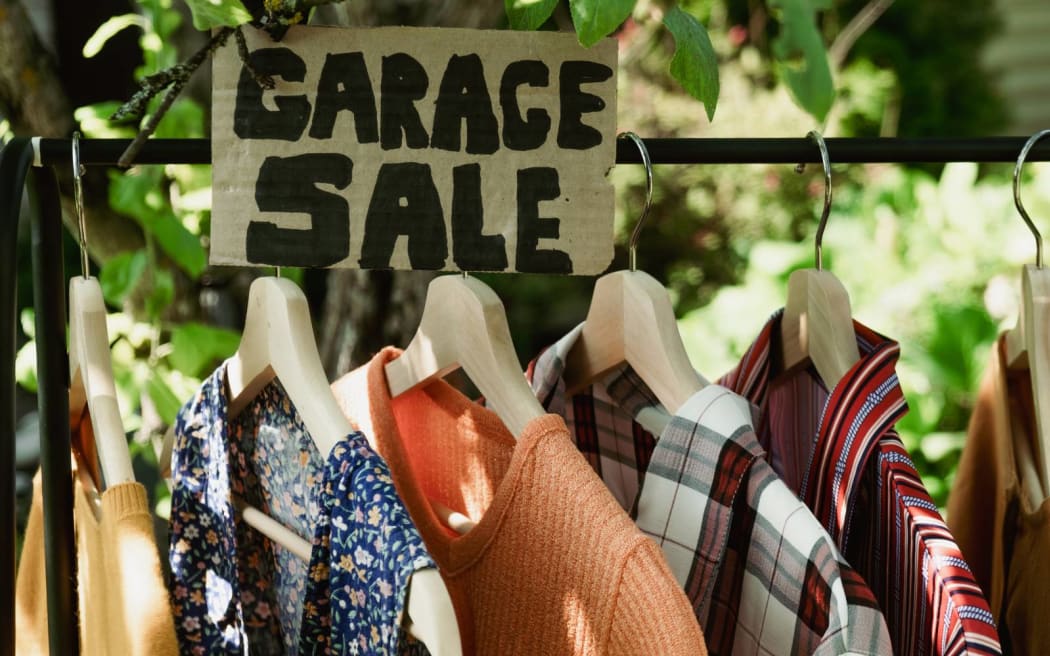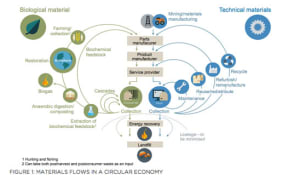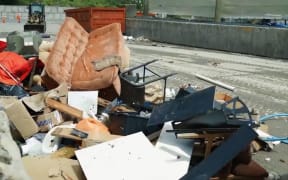
Clothing makes up a big proportion of people's collections of unwanted things. Photo: 123RF
Trade Me estimates the average New Zealander has more than $1000 worth of unwanted possessions lying around their house.
At the same time, recycling advocates are urging budget-conscious Kiwis to avoid cheap and flimsy junk and buy second-hand instead.
A survey of 4000 consumers by the auction website indicated 87 percent had bought second-hand goods in the past six months, compared to 76 percent five years prior.
Brand, marketing and communications director Sally Feinson said they were participating in the so-called "circular economy".
"A circular economy is an ecosystem designed to keep items in use for as long as possible," she said.
"Based on our recent research, we estimate the value of Aotearoa's circular economy to be a whopping $5 billion."
The rising cost of living had driven that growth, with an increasing number of consumers selling and buying second hand goods.
The survey found two-thirds (63 percent) of people were selling items to save money, while about 42 percent thought the rising cost of living made buying and selling second-hand items more attractive.
Another driver of growth was a desire to declutter - with nearly two-thirds looking to create space (64 percent).
On average, respondents had 20 unwanted items ready to be sold for a total of $1300. Feinson said most were clothes.
There was even a market for pre-loved underwear.
"Believe it or not, yes. We have a bit of discussion about that in the office... it's an interestingly popular category."
Consumer NZ head of product testing Paul Smith said the second-hand market was growing, but continued to be overshadowed by an endless stream of cheap and disposable junk.
"[The circular economy] is really starting to take hold in a smallish way, but we've really spent close on a century doing just the opposite," he said. "We've not seen the consequences of this disposable culture until relatively recently."
Over the last several decades, Smith said manufacturers had cut costs by using cheaper and less durable materials.
"A lot of it is actually driven by economics, and it's a case of, 'Well, if we want to make things cheap and people want more stuff, then something's got to give,' and what tends to give is the durability and the repair aspect of it."
That meant fast-fashion and cheap furniture often ended up in landfills not long after being purchased.
Zero Waste Network spokesperson Sue Coutts said it was an enormous waste of resources.
"Since I was a kid in the 1970s, we've got twice as many people in the world and we're using four times as many resources," she said.
She pointed to a 2023 report by the Circle Economy Foundation which said 101.4 billion tonnes of materials had been extracted in 2021, compared to 28.6 billion in 1972.
"Obviously that's unsustainable - we can see the effects with ecosystem damage, biodiversity loss and pollution."
On the other hand, Feinson said well-made products could last for generations.
"Well-made items can end up being sold over and over, people find new uses for them," she said. "There's a lot of well-made chests of drawers that get a new lease on life with a fresh coat of paint."
Upcycling a prospect for old furniture
One way to keep a product in circulation was by upcycling. Feinson said sellers could make a tidy profit by repairing or renovating old furniture.
"There's absolutely value in spotting a bargain and putting a little bit of effort into renovating it and offloading again at a higher price."
But Coutts warned people not to get too excited with their DIY projects.
"I think sometimes people will destroy a perfectly good object," she said. "A beautiful woolly blanket like your grandma used to have, and they get cut up and made into fluffy toys. Sometimes you've got to really think about whether this will be a good long-term option for this object."
She said people should consider whether they were leaving trash or treasure for future generations.
"We're encouraged to buy cheap junk products that won't last long, [but] we can do it better and we need to shift away from that if we want to make a difference."







